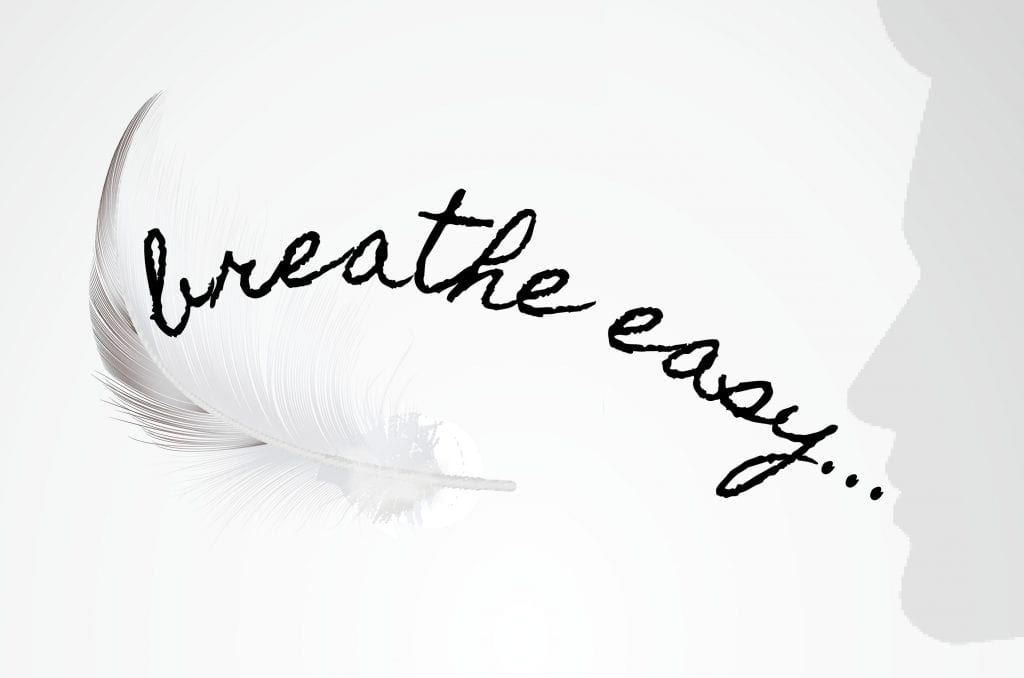Whether due to allergies, cold, flu or even just changes in humidity, we all have had to deal with congestion and the discomfort that comes with it. COVID-19, however, has made even the smallest sniffle feel like a major problem. We reached out to Dr. Hamsa Subramanian, an allergist and immunologist with Signature Medical Group, to find out how the pandemic is affecting allergies and what you can do to stay healthy this fall.
Just as it has altered much of daily life, COVID-19 has impacted sinus health this spring and summer. Social distancing has led to a decrease in the common cold, and thanks to the prevalence of face masks, people are breathing in less pollen. “They’re seeing that it helps, and some have even started wearing masks while working in their yards,” Subramanian says. While face coverings may be helping with some outdoor allergens, the increase in people working remotely means that indoor ones like dust, pet dander and mold are more of an issue. “The increase in home improvement projects also contributes to the problem,” she notes.
Even without the added stress of a pandemic, Subramanian says fall always presents its own challenges. “Ragweed and mold allergens are very prevalent, it’s the start of flu season, and colds spread more when kids return to school,” she explains. “We don’t know what will happen this year with the new coronavirus, but we can tackle each piece of the pie individually. Medications can treat colds and allergies, and flu vaccinations help keep society healthy. Masks and social distancing cannot be stressed enough. They’re essential until we have a coronavirus vaccine.”
Subramanian also suggests preemptively addressing allergy problems you deal with annually. “Take an ounce of precaution to preempt your symptoms,” she explains. “If fall is a bad season for you, see your doctor now, start taking medication sooner rather than later and come up with a plan.”
know your symptoms
Subramanian says many of the symptoms of seasonal allergies can overlap with those of COVID-19. “You won’t have a fever with allergies, so that’s a key difference,” she notes. “It’s important to think about your history. In other years, what symptoms have you had in the fall? Keep track of the pollen count, and take your allergy medication.”
| Allergies | COVID-19 | |
| Runny or stuffy nose | Yes | Yes |
| Itchy, eyes, mouth and skin | Yes | No |
| Sneezing | Yes | No |
| Shortness of breath | Sometimes | Yes |
| Fatigue | Sometimes | Yes |
| Headache | Sometimes | Yes |
| Sore throat | Sometimes | Yes |
| Muscle aches and pain | Sometimes | Yes |
| Cough | Sometimes | Yes |
| Nausea or vomiting | No | Yes |
| Diarrhea | No | Yes |
| Fever | No | Yes |
